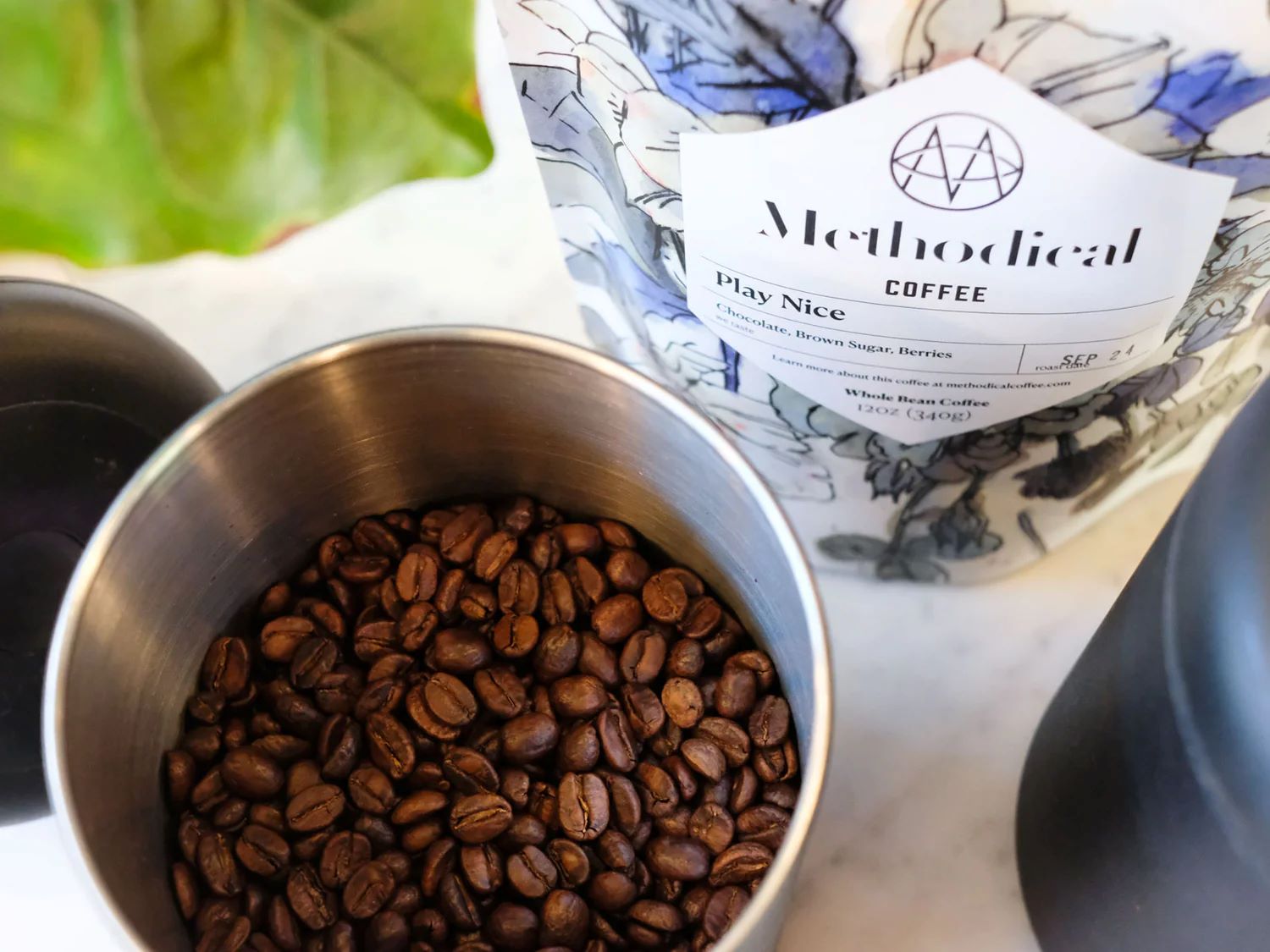

Articles
How To Store Coffee Beans After Opening
Modified: October 20, 2024
Learn the best methods for storing coffee beans after opening. Read our informative articles to keep your coffee fresh and flavorful.
(Many of the links in this article redirect to a specific reviewed product. Your purchase of these products through affiliate links helps to generate commission for Storables.com, at no extra cost. Learn more)
Introduction
For coffee lovers, there is nothing quite like the aroma and flavor of freshly roasted coffee beans. Whether you enjoy a rich espresso, a smooth pour-over, or a bold French press brew, the quality of your coffee starts with the beans. But what happens after you crack open that bag of beans? How you store your coffee beans can significantly impact their taste and freshness.
Proper storage is essential to preserve the delicate flavors and aromas of your coffee beans. The moment coffee beans are exposed to air, moisture, light, and heat, they begin to degrade, losing their flavor and freshness. To ensure that every cup of coffee you brew is as delicious as possible, it is crucial to understand the factors that affect coffee bean storage and adopt best practices for maintaining their quality over time.
In this article, we will delve into the importance of proper coffee bean storage, discuss the factors that can impact the freshness of coffee beans, explore the best containers for storing them, provide tips for proper coffee bean storage, and highlight common mistakes to avoid. By following these guidelines, you can maximize the lifespan and quality of your coffee beans, allowing you to enjoy a consistently excellent brew with every cup.
Key Takeaways:
- Proper coffee bean storage is essential for preserving freshness, aroma, and flavor. Airtight containers, avoiding refrigeration, and minimizing air exposure are key to maintaining the quality of your coffee beans.
- Understanding the factors that affect coffee bean storage and avoiding common mistakes can help extend the lifespan and quality of your coffee beans. By following best practices, you can enjoy consistently excellent brews with every cup.
Read more: How To Store Canned Beans After Opening
Importance of Proper Coffee Bean Storage
Proper storage of coffee beans is crucial for maintaining their flavor and freshness for as long as possible. When coffee beans are exposed to unfavorable conditions, they can quickly deteriorate, resulting in a diminished taste and aroma. Here are some essential reasons why proper coffee bean storage is important:
- Prolongs Freshness: Coffee beans are at their peak freshness right after roasting. However, they begin to lose their natural oils and aromatic compounds as soon as they are exposed to air. Proper storage helps to slow down this process and extend the lifespan of the beans, allowing you to enjoy a more vibrant and flavorful cup of coffee.
- Preserves Aroma: Coffee is known for its distinctive and enticing aroma. When stored improperly, coffee beans can absorb odors from the surrounding environment, resulting in a compromised aroma in your brewed coffee. By storing coffee beans correctly, you can preserve their natural aroma and enjoy the full sensory experience of your favorite brew.
- Maintains Taste Quality: The flavors of coffee beans are highly susceptible to degradation caused by exposure to light, heat, and moisture. Proper storage helps to protect the delicate flavors of the beans, ensuring that each cup of coffee you brew is flavorful and enjoyable.
- Saves Money: Buying coffee beans in bulk is not only convenient but can also save you money in the long run. By storing your beans properly, you can prevent them from going stale or losing their flavor prematurely, allowing you to make the most out of your investment.
- Promotes Sustainability: When you store your coffee beans properly and avoid unnecessary waste, you are contributing to sustainability efforts. By reducing the need to dispose of stale or spoiled coffee beans, you are helping to minimize your environmental impact.
- Ensures Consistency: If you are someone who enjoys experimenting with various brewing methods and recipes, proper storage is vital for maintaining consistency in your coffee. By storing your beans correctly, you can have more control over the brewing process and achieve consistent results every time.
By understanding the importance of proper coffee bean storage, you can ensure that your beans stay fresh, aromatic, and flavorful for an extended period. In the following sections, we will explore the various factors that can affect coffee bean storage and how to mitigate them for optimal results.
Factors That Affect Coffee Bean Storage
Several factors can significantly impact the freshness and quality of your coffee beans during storage. By understanding these factors, you can take appropriate measures to protect your beans from degradation. Here are the key factors that affect coffee bean storage:
- Air: Exposure to air is one of the biggest enemies of coffee beans. Oxygen in the air causes oxidation, leading to the loss of flavor and aroma. It is essential to store your coffee beans in an airtight container to minimize their contact with air and preserve their quality.
- Moisture: Moisture can quickly spoil coffee beans, leading to the growth of mold and bacteria. Avoid storing your beans in areas with high humidity, such as the refrigerator or near the sink. Additionally, make sure your storage container is moisture-resistant to prevent any moisture from seeping in.
- Light: Exposure to light can also degrade coffee beans. UV rays in sunlight can accelerate the oxidation process, causing the beans to go stale faster. It is best to choose an opaque or dark-colored storage container that will provide protection from light.
- Temperature: Temperature fluctuations can have a detrimental effect on coffee beans. Extreme heat can cause the oils in the beans to go rancid, resulting in a bitter and unpleasant taste. Avoid storing your beans in places like above the stove or near direct sunlight. Instead, opt for a cool and consistent temperature storage area, such as a pantry or cupboard.
- Time: Over time, coffee beans naturally lose their freshness. While proper storage can help slow down this process, it is still essential to consume your beans within a reasonable period. Try to purchase coffee beans in quantities that you can finish within a month or two to ensure optimal freshness.
By being mindful of these factors and taking proactive steps to minimize their impact, you can significantly extend the shelf life of your coffee beans and maintain their flavor and aroma. In the following sections, we will discuss the best containers for storing coffee beans and provide you with valuable tips for proper coffee bean storage.
Best Containers for Storing Coffee Beans
Choosing the right container for storing your coffee beans is crucial for preserving their freshness and flavor. Here are some of the best containers that are commonly recommended for coffee bean storage:
- Airtight Canisters: Airtight canisters are an excellent option for storing coffee beans. They create a sealed environment that minimizes the contact of the beans with air, preventing oxidation. Look for canisters with a one-way valve that allows carbon dioxide, released by freshly roasted beans, to escape without letting air in.
- Mason Jars: Mason jars are a popular choice among coffee enthusiasts. They are affordable, readily available, and can create an airtight seal. Opt for jars with a rubber gasket on the lid to ensure proper sealing. Remember to store the jars in a dark place to protect the beans from light exposure.
- Vacuum Seal Containers: Vacuum seal containers are designed to remove air from the container, creating a vacuum. This prevents oxygen from oxidizing the coffee beans. Vacuum sealers can be an excellent investment if you want to prolong the freshness of your beans and maintain their flavor for an extended period.
- Ceramic or Glass Containers: Ceramic or glass containers can also be used for coffee bean storage, especially if they come with an airtight lid. These containers are non-reactive and do not absorb odors. However, make sure the container is opaque or kept in a dark area to protect the beans from light exposure.
When selecting a container, it is important to consider its size. Choose a container that can comfortably hold the amount of coffee you typically go through within a week or two. This will ensure that you are not constantly opening and closing the container, exposing the beans to air every time.
Remember, no matter the type of container you choose, it is essential to keep it in a cool and dark place, away from moisture and heat sources.
Now that we have covered the best containers for storing coffee beans, let’s move on to some valuable tips for proper coffee bean storage.
Store coffee beans in an airtight container at room temperature, away from light, heat, and moisture. Avoid storing in the fridge or freezer as it can cause condensation and affect the flavor.
Tips for Proper Coffee Bean Storage
To optimize the freshness and flavor of your coffee beans, here are some valuable tips for proper coffee bean storage:
- Buy Freshly Roasted Beans: Start with high-quality coffee beans that have been freshly roasted. Look for beans with a roast date to ensure maximum freshness.
- Store in an Airtight Container: Transfer your coffee beans to an airtight container as soon as possible after opening the original packaging. This will help minimize their exposure to air and maintain their freshness for longer periods.
- Avoid Freezing or Refrigerating: Contrary to popular belief, freezing or refrigerating coffee beans is not recommended. The constant temperature changes and moisture can degrade the quality of the beans. Instead, store them in a cool, dark place, away from direct sunlight.
- Grind Just Before Brewing: To preserve the full flavors and aromas of your coffee beans, it is best to grind them just before brewing. This minimizes the surface area exposed to air and helps retain freshness.
- Avoid Excessive Exposure to Air: Every time you open the container, air comes in contact with the beans. Try to minimize the number of times you open the container by portioning out the amount you need for a week or two and then sealing the container tightly.
- Keep Away from Heat and Light: Heat and light can quickly degrade your coffee beans. Store them in a cool, dark place, such as a pantry or cupboard, away from stoves, ovens, and direct sunlight.
- Consider Using Single-use Storage Bags: If you buy coffee in large quantities and can’t finish them within a few weeks, consider using single-use storage bags with a one-way valve. These bags allow carbon dioxide to escape while preventing air from entering, ensuring the freshness of the beans.
- Monitor the Roast Date: Keep track of the roast date of your coffee beans. While they are generally at their best within a few weeks of roasting, different roasts may have different optimal consumption windows. Adjust your storage and brewing plans accordingly.
Following these tips will help you maintain the freshness and flavor of your coffee beans, ensuring that every cup you brew is a delightful experience. However, it’s essential to be aware of some common mistakes to avoid in coffee bean storage, which we will discuss next.
Read more: How To Store Beans After Soaking
Common Mistakes to Avoid in Coffee Bean Storage
While proper coffee bean storage can significantly enhance the freshness and flavor of your coffee beans, there are a few common mistakes that you should avoid. By steering clear of these pitfalls, you can ensure that your beans remain in optimal condition. Here are some of the most common mistakes to avoid in coffee bean storage:
- Storing in the Original Packaging: The original packaging that coffee beans come in is not designed for long-term storage. It often lacks proper sealing, allowing air, light, and moisture to reach the beans. Transfer your beans to airtight containers instead.
- Exposing to Air Frequently: Opening the storage container frequently exposes the beans to air, hastening their oxidation. Whenever possible, portion out the amount you need for a week or two and keep the rest of the beans sealed tightly.
- Refrigerating or Freezing: Refrigerating or freezing coffee beans is not recommended. The moisture and temperature fluctuations can alter the flavor and freshness of the beans. Instead, store them in a cool, dark place.
- Storing near Strong-smelling Substances: Coffee beans are highly porous and can absorb odors from their surroundings. Avoid storing them near strong-smelling substances like spices, cleaning agents, or other aromatic foods.
- Using Improper Containers: Choosing the wrong storage container can compromise the freshness of your coffee beans. Avoid using containers with poor sealing, transparent glass jars exposed to light, or containers that are not moisture-resistant.
- Buying in Bulk: While buying coffee beans in bulk may seem cost-effective, it’s essential to consider how quickly you can consume them. Coffee beans are at their freshest within a few weeks of roasting, so purchasing only what you can consume in that timeframe is ideal.
- Exposing to Heat and Light: Heat and light can accelerate the deterioration process of coffee beans. Avoid storing them near stovetops, ovens, or in direct sunlight. Opt for a cool and dark storage location instead.
- Not Monitoring the Roast Date: Coffee beans have a limited window of optimal freshness, usually a few weeks from the roast date. Failing to monitor the roast date may result in consuming stale coffee beans that have lost their flavor and aroma.
By avoiding these common mistakes, you can ensure that your coffee beans retain their quality and deliver a delightful brewing experience each time.
Now that we have covered the common mistakes, let’s move on to address some frequently asked questions about coffee bean storage.
Frequently Asked Questions (FAQs)
Here are some frequently asked questions about coffee bean storage:
- Should I store coffee beans in the refrigerator or freezer?
- How long do coffee beans stay fresh?
- What is the best way to store ground coffee?
- Can I store different coffee beans together?
- Can I reuse the original coffee bean bag for storage?
- Does coffee bean storage affect the caffeine content?
- Should I grind coffee beans before or after storage?
No, it is not recommended to store coffee beans in the refrigerator or freezer. The moisture and temperature fluctuations can negatively impact the flavor and freshness of the beans. Store them in a cool, dark place instead.
Coffee beans are at their peak freshness within a few weeks of roasting. After that, their flavor and aroma start to deteriorate gradually. Ideally, consume your coffee beans within a month or two for optimal freshness.
Ground coffee is more susceptible to losing its freshness compared to whole beans. It is best to store ground coffee in an airtight container, away from light, heat, and moisture. Consider grinding your beans just before brewing for the best flavor.
Storing different coffee beans together is not recommended, especially if they have distinct flavors and aromas. It can result in the flavors blending or one type of bean overpowering the others. It is best to store different coffee beans separately in individual airtight containers.
The original coffee bean bag is not designed for long-term storage. The bags are often not airtight, allowing air and light to penetrate, which can compromise the quality of the beans. It is better to transfer your beans to a proper airtight container.
No, the storage of coffee beans does not affect the caffeine content. Caffeine levels remain relatively stable regardless of how the beans are stored. However, the flavor and freshness of the coffee can be affected by improper storage.
For the best flavor, it is recommended to grind coffee beans just before brewing. Grinding exposes more surface area to air, which can accelerate the oxidation process and reduce the freshness of the coffee. Maintain whole beans until you are ready to brew.
If you have any further questions or concerns about coffee bean storage, it is best to consult with your local coffee roaster or barista, who can provide personalized advice based on your specific circumstances.
Now that we have covered the frequently asked questions, let’s wrap up our discussion.
Conclusion
Proper coffee bean storage is vital for preserving the freshness, flavor, and aroma of your favorite brew. By understanding the factors that affect coffee bean storage, choosing the best containers, and following valuable tips, you can ensure that every cup of coffee you brew is a delightful experience.
Airtight canisters, mason jars, vacuum seal containers, and ceramic or glass containers with airtight lids are among the best options for storing coffee beans. Remember to store your beans in a cool, dark place, away from heat, light, moisture, and strong-smelling substances. Also, avoid frequent exposure to air and grind your beans just before brewing for optimal freshness.
Common mistakes to avoid include storing in the original packaging, refrigerating or freezing, using improper containers, buying in bulk without considering consumption rate, and exposing to excessive heat and light. By being aware of these mistakes, you can prolong the lifespan and quality of your coffee beans.
If you have any specific concerns about coffee bean storage, consult with your local coffee roaster or barista, who can provide personalized advice based on your preferences and circumstances.
By implementing proper coffee bean storage practices, you can savor the rich flavors and captivating aromas of your favorite coffee beans, ensuring a remarkable brewing experience with every cup.
Happy brewing!
Frequently Asked Questions about How To Store Coffee Beans After Opening
Was this page helpful?
At Storables.com, we guarantee accurate and reliable information. Our content, validated by Expert Board Contributors, is crafted following stringent Editorial Policies. We're committed to providing you with well-researched, expert-backed insights for all your informational needs.
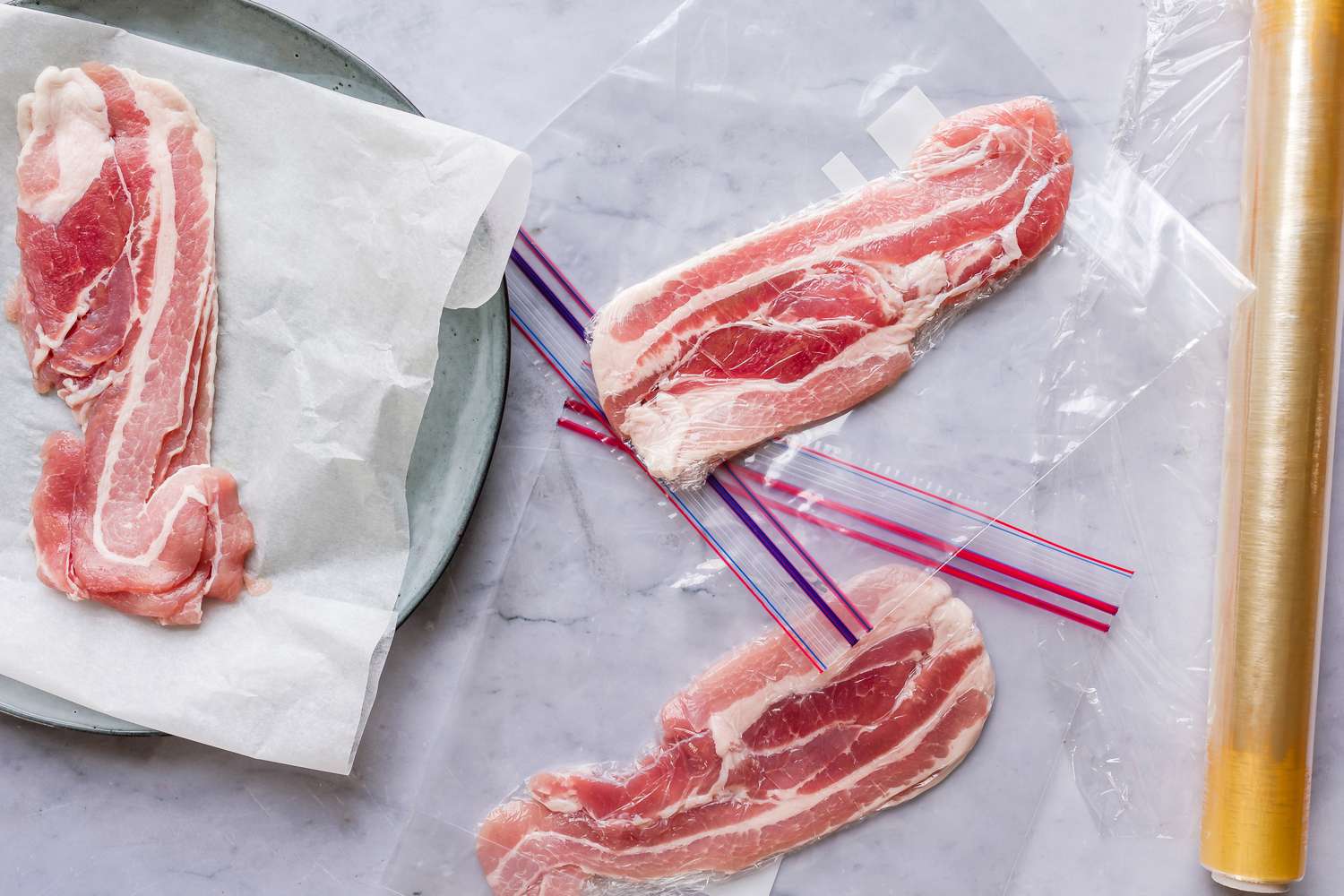
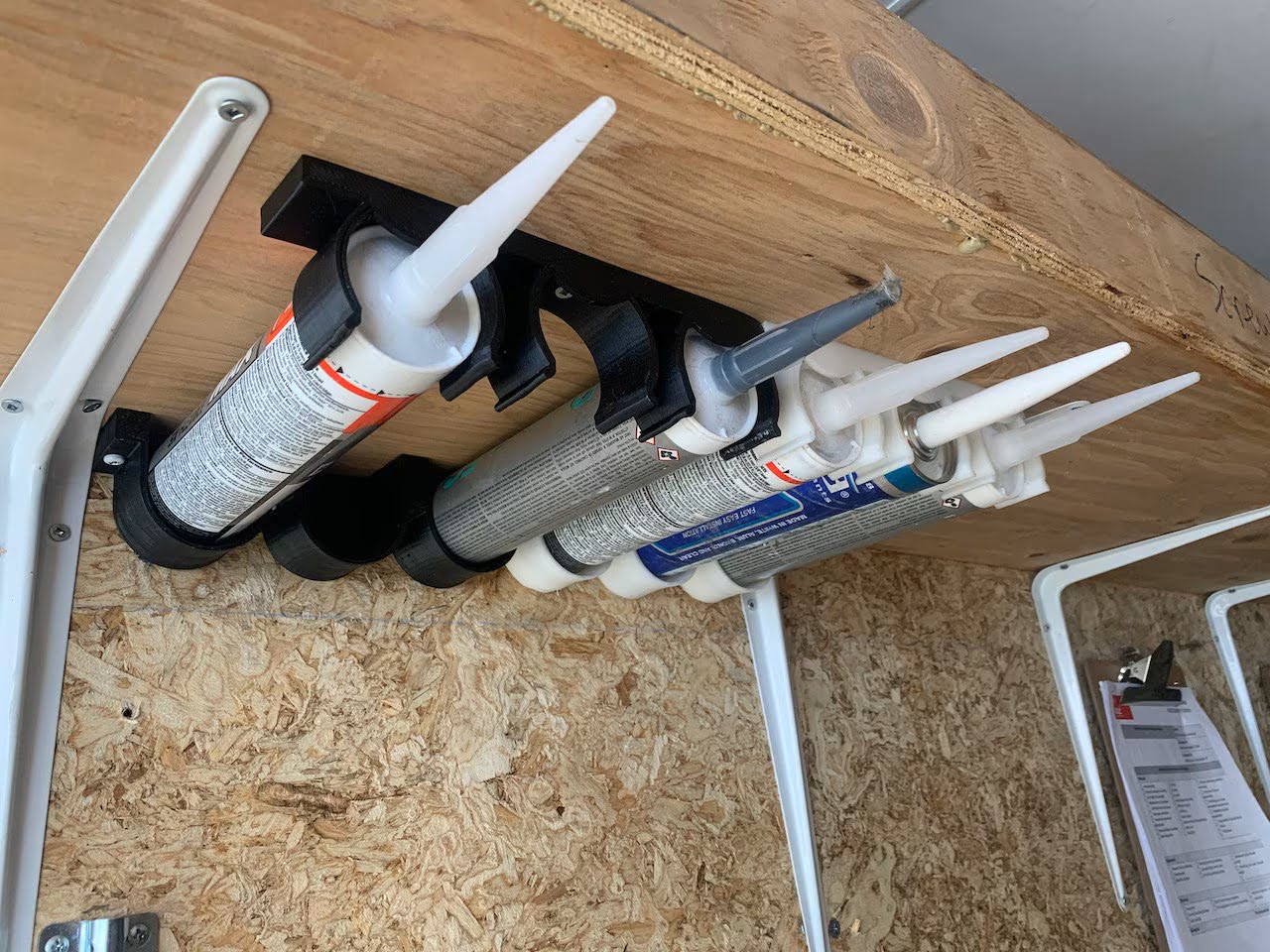
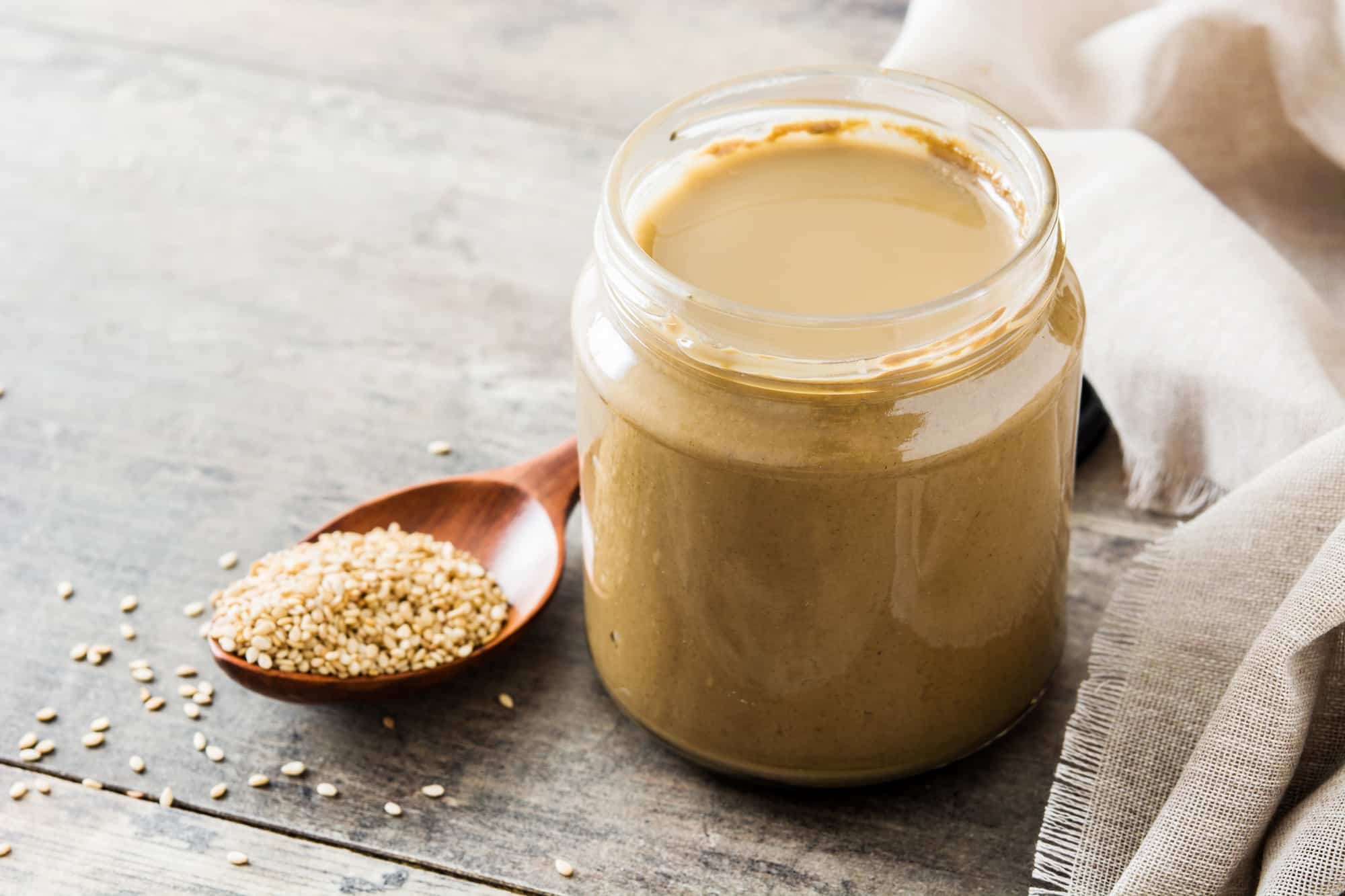


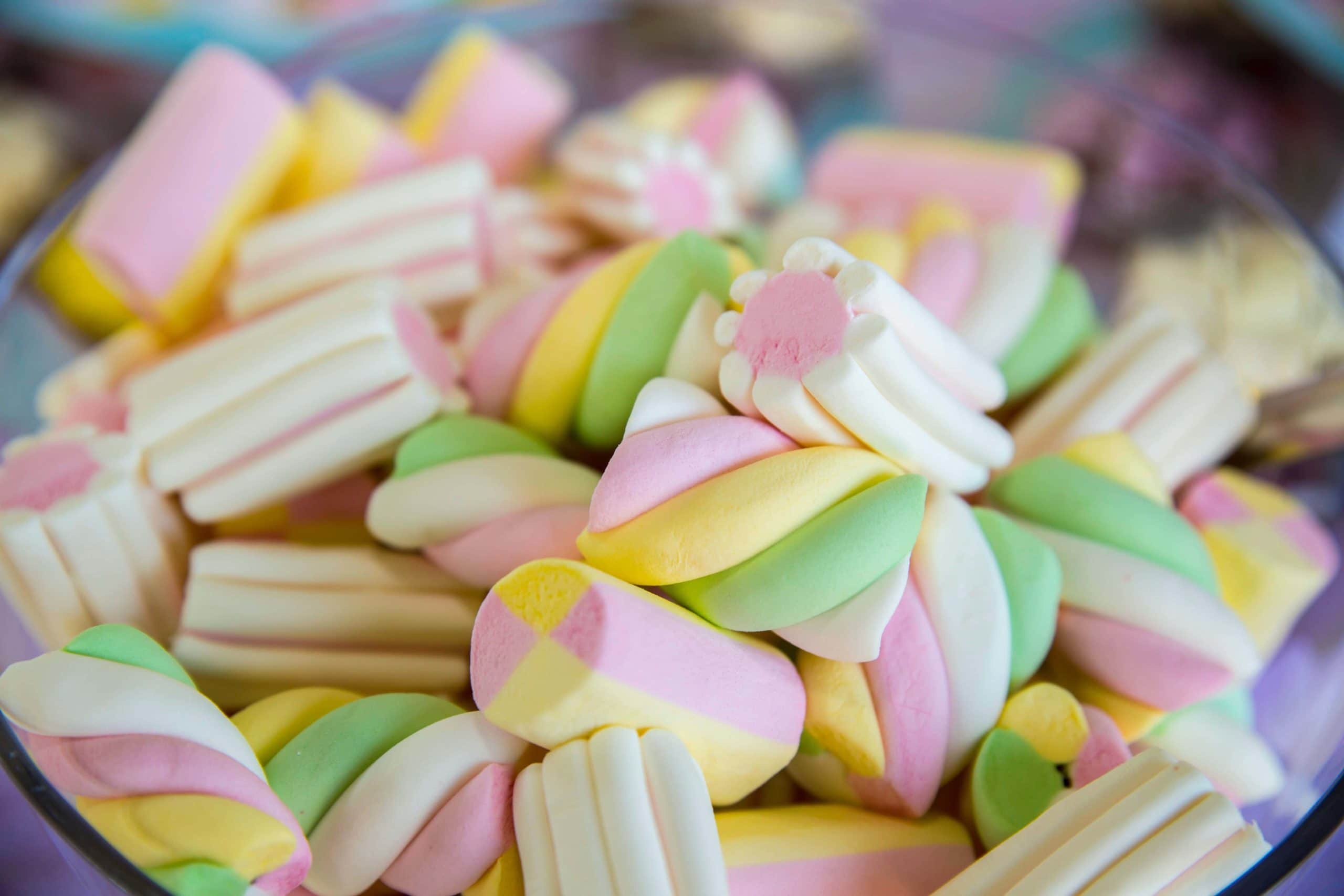
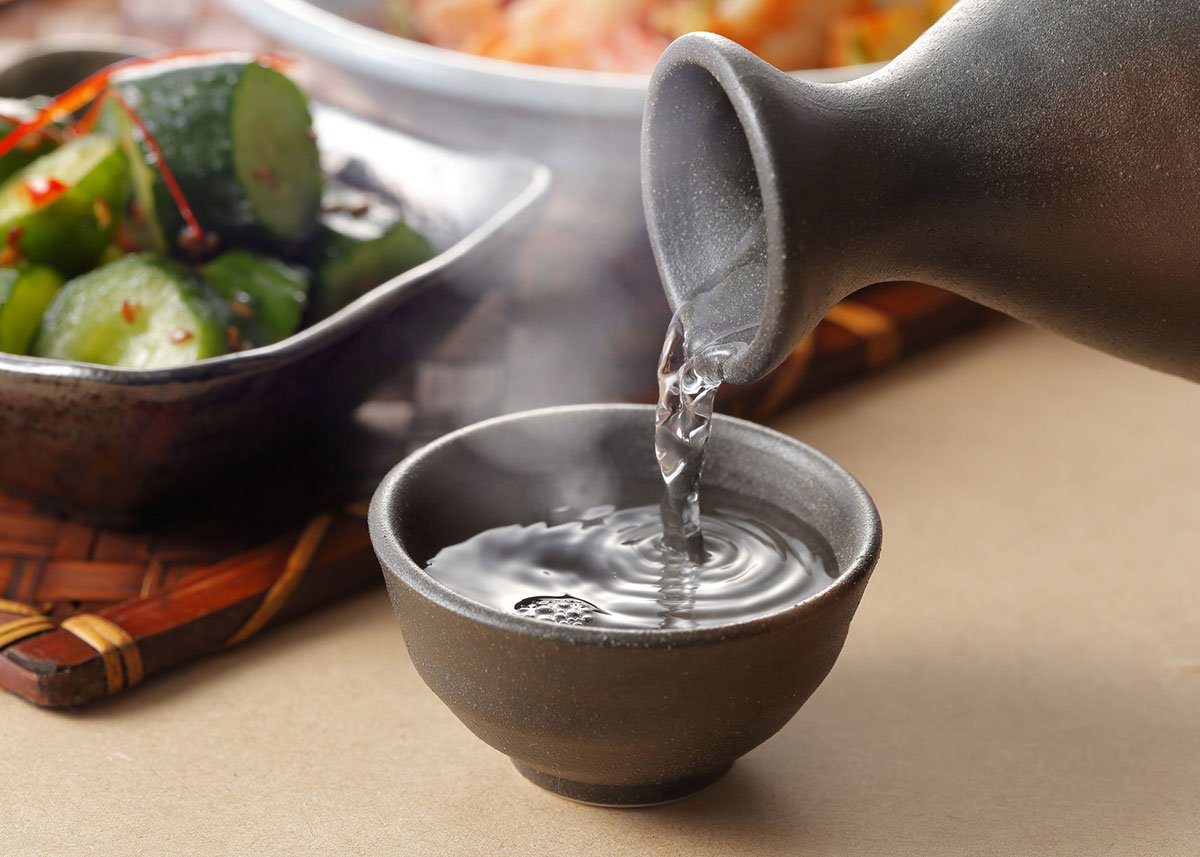
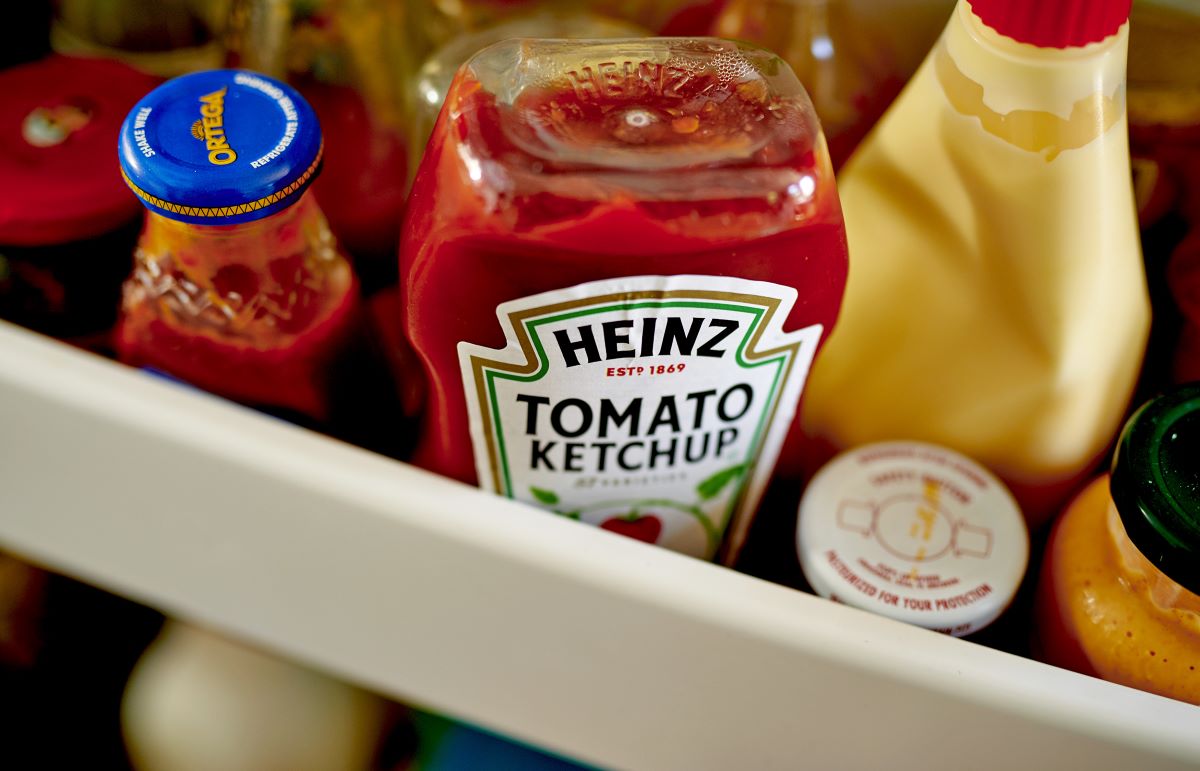

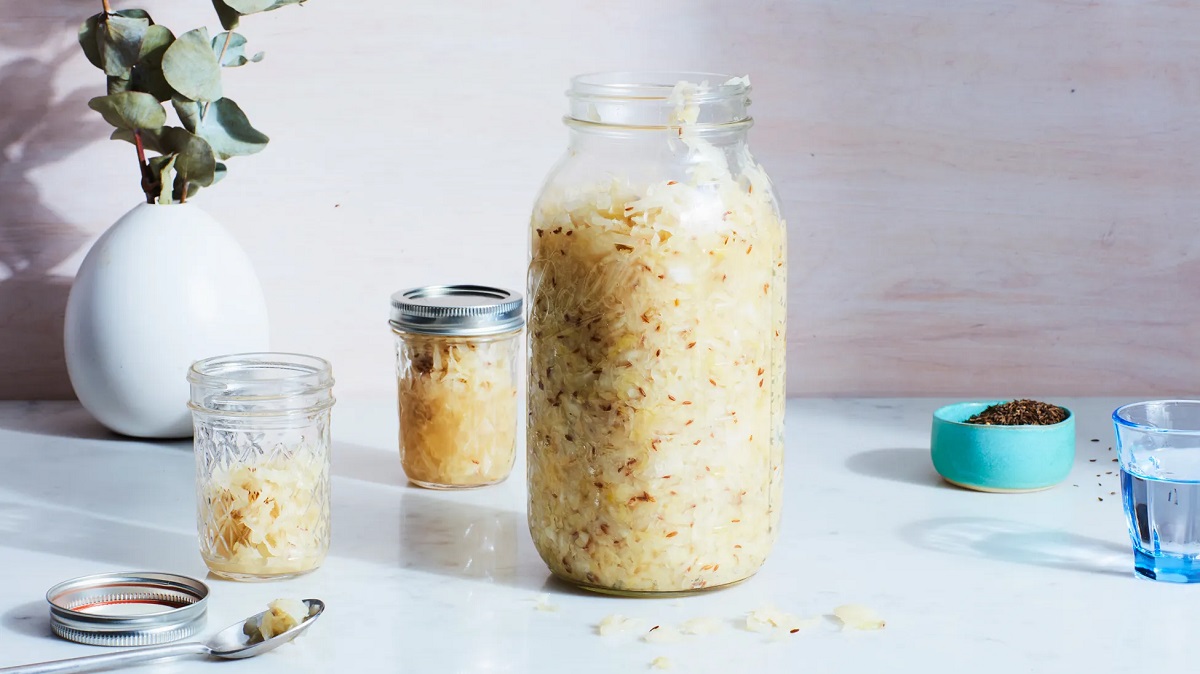

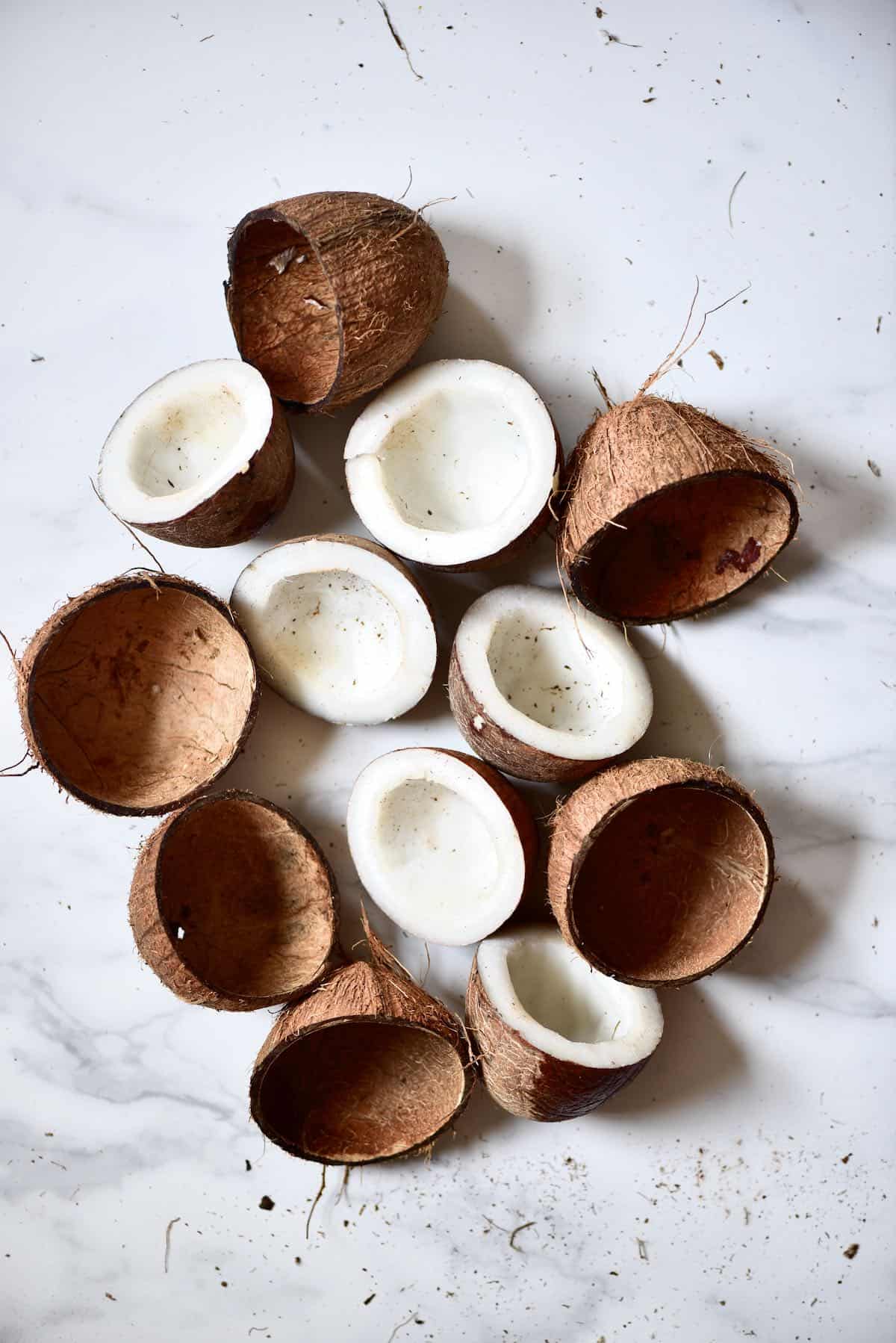

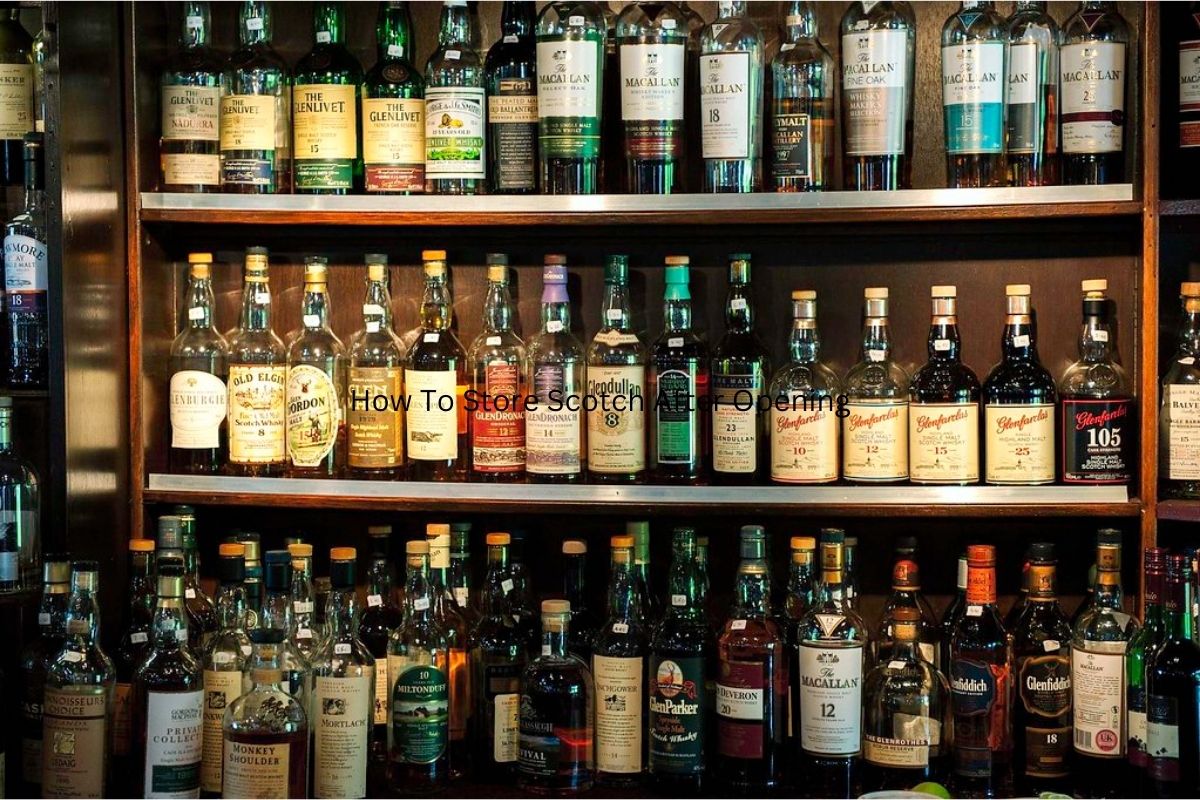

0 thoughts on “How To Store Coffee Beans After Opening”